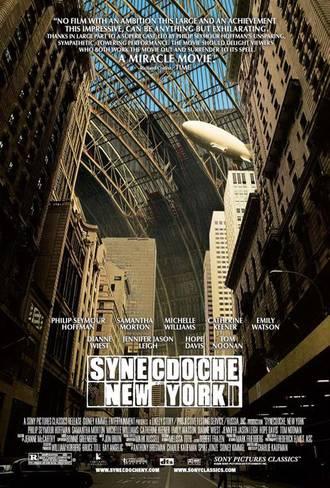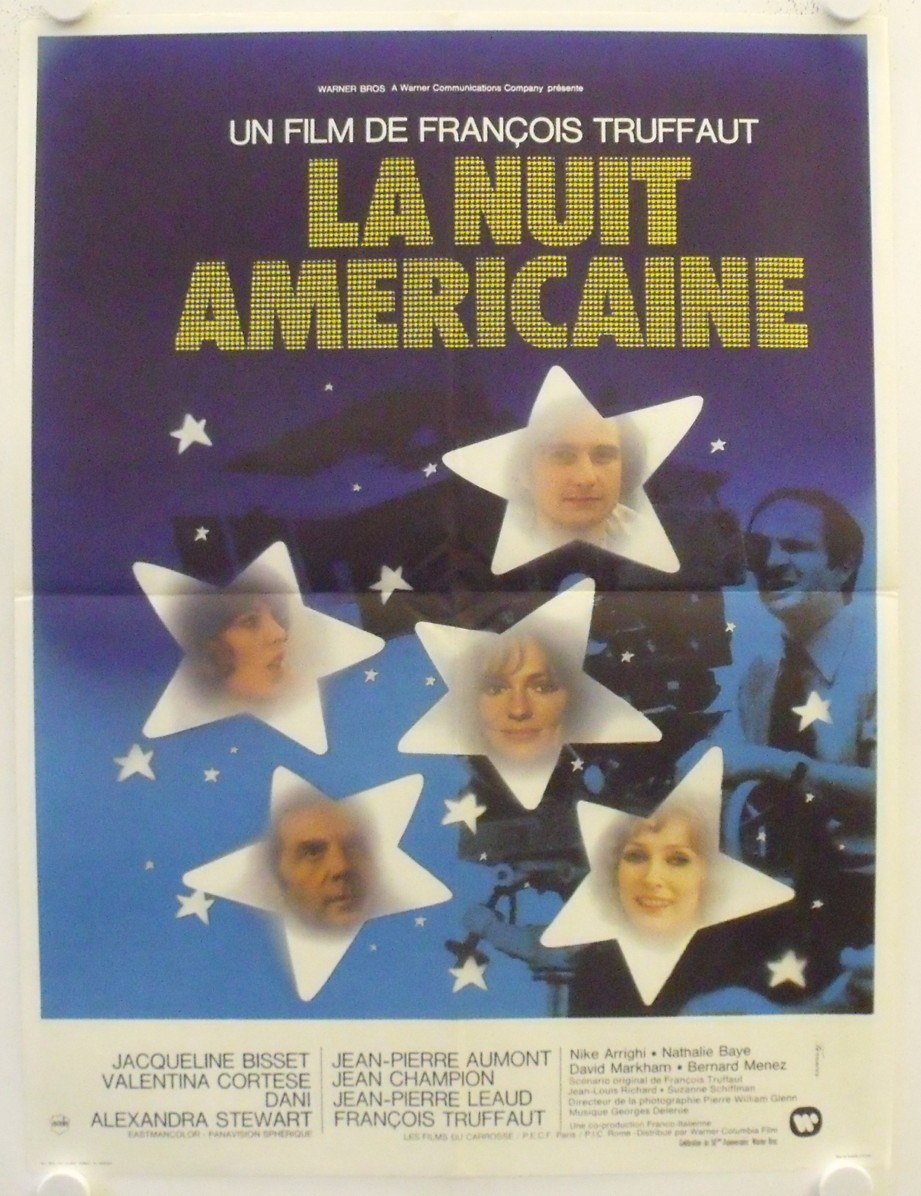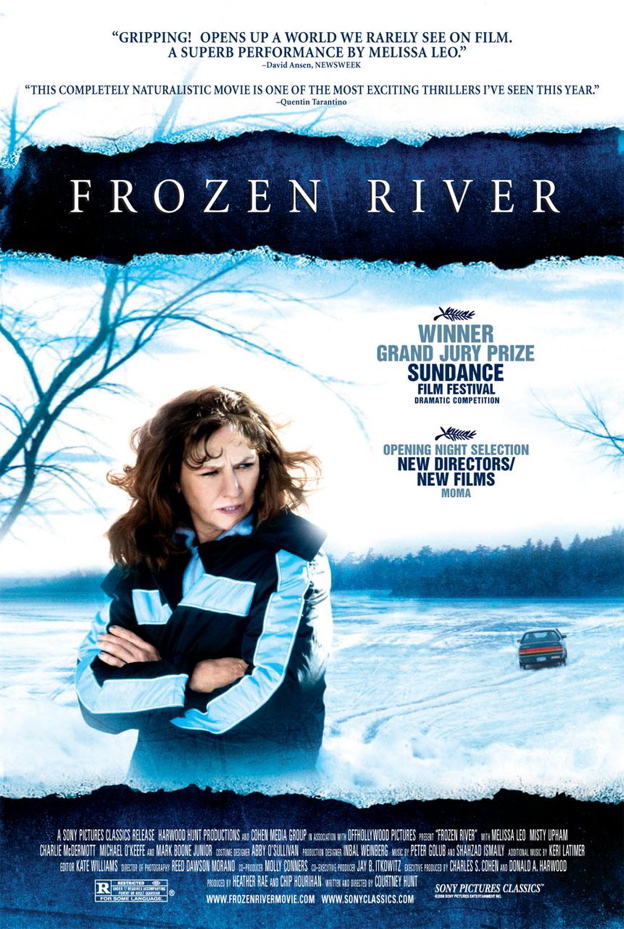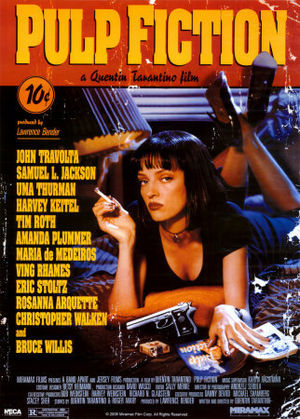
Director wants to rewrite
life’s script in ‘Synecdoche’
People usually end up where they’re supposed to be. This is a comforting fact. True, there are undoubtedly some who do not get into Harvard but who have better credentials and are better students than some who do, some who get passed over for a promotion when they were better candidates than the people who received them, others who just caught a very bad break in life that shouldn’t happen to anyone except maybe the worst people. These injustices do occur, but life seems to eventually even things out.
Humans tend not to panic over this assumption of natural destiny — only of how it might be artificially distorted. Football teams can handle losing as long as they were outplayed and not victimized by a bad officiating call. Politicians can handle losing except when they believe there are voting irregularities.
But panic lingers somewhere in the mind of Caden Cotard, a talented theater director in Schenectady who struggles to deal with the women in his life. This is not Woody Allen’s “Manhattan,” but rather a dollhouse-like montage of life’s expectations, each room another scene.
“Synecdoche, New York” is the directing debut of screenwriter Charlie Kaufman, who also wrote the script. Those who know this going in will immediately spot the parallels with one of his underrated movies, “Eternal Sunshine of the Spotless Mind.” Kaufman is also the writer of “Adaptation” and “Being John Malkovich,” all films that prefer situations to storytelling.
“Synecdoche” is to be appreciated not for its story arc, but its scenes. Most moviegoers prefer to have a plot delivered to them, but this is one they are forced to sort out, just like the protagonist. Take each piece of Caden’s life and see if you can put it together. Sometimes characters move freely about in burning rooms; other times in basement-caliber medical offices. There is impressive filmmaking here, but “Synecdoche” may fall under the category of One You Need to See Several Times, an accommodation most viewers will not provide.
Much of Caden’s fears are about his losses with women. He adores his 4-year-old daughter, but his wife, Adele Lack, is the problem. What kind of home is she running anyway? The groceries in the fridge are out of date, she’s unable to keep track of time, and enjoys getting stoned with a friend.
Adele is played by Catherine Keener, one of the world’s premier actresses though you never hear her described that way. Keener is a veteran of Kaufman’s work (“Being John Malkovich”) and previously co-starred with Philip Seymour Hoffman in “Capote.” She glides easily between the suburban mother depicted in the early scenes and the Bohemian artist/adventurer she is bound to become. She has the necessary quality for this role, a woman wanted by a man who simply cannot connect with her.
Letting go of a wife is one thing; losing a daughter is another. Caden’s attempt to establish or re-establish any kind of bond with Olive are fruitless. This would seem to be the work of Adele and her female lover ... or is it the natural outcome of Caden’s shortcomings? The disconnect with his child is sad. But that sadness is tempered by her defiance up until the end.
Caden gradually becomes torn in two directions. He can chase after his wife, or he can accept the advances of another woman. He has reservations about each one. What, then, does that mean? Is he gay? Too good for both of them? Just a loser? The answer, perhaps, is with a third woman, but this newfound situation only seems to further complicate the old.
“Maybe you wish you were a girl,” one woman suggests late in the film, and Caden entertains this idea, but he’s clearly not interested in men, he says, so homosexuality must be off the table.
These matters might be fixable if there were only more time. Caden, who begins the movie probably in his 30s, sees his as running out. Soon he’ll be a grandfather, then an old man. Is there somebody who can help him, someone who cares? Maybe not. A disinterested therapist (Hope Davis) offers help, but she seems like someone who was Adele’s idea all along. What about conventional doctors? None seems to ever have a useful diagnosis for Caden’s various health concerns.
Caden and Adele are neatly portrayed as elites. You wouldn’t know it without paying attention to detail. Hoffman’s Caden comes across like a bumbling local theater director, but he wins a MacArthur Foundation “genius” grant, a fairly esteemed national prize. Adele draws tiny pieces of artwork you can’t see without a magnifying glass, but her talent is apparent by her profile in a prominent magazine and one of her shows. The pair in this film do not deal with the problems of elites, like being too busy for the children or determining which dignitary to snub, but the types of problems that know no social hierarchy.
Several scenes are spent around the toilet, and these scenes are a way of humbling the characters. Even if you’re Cary Grant or Grace Kelly, toilet activity is never a pretty process. But oh, what an important activity it is. We spend part of every day there, and it keeps us healthy. And sometimes, when it doesn’t turn out right, it’s the first sign of a problem.
“Synecdoche, New York” is like “Changeling” in that it is a recent film with a title that for most people will require a dictionary. (Others don’t, such as “Rachel Getting Married” and “W.”) Many have asked, what does Synecdoche, New York mean? This may serve the useful purpose of keeping away those who would not appreciate it anyway. No one who sees the film once will be able to recall every development. Characters move in and out, at different ages. The cast list includes many actors playing actors, etc. But several lines are very conventional. One character playing the alter ego of Caden threatens to kill himself, declaring, “None of us has much time.”
Another one posits, “The end is built into the beginning; what can you do?” But Caden suggests at one point maybe he has the answer: “We’re all hurtling towards death; yet here we are all alive.”
Caden notes there are 13 million people in New York City, and “none of those people is an extra. They’re all leads in their stories, and they have to be given their due.” Perhaps, but they, like Caden Cotard, will write their own scripts.
3 stars
(November 2008)
“Synecdoche, New York” (2008)
Starring Philip Seymour Hoffman as Caden Cotard ♦ Catherine Keener as Adele Lack ♦ Sadie Goldstein as Olive (4 years old) ♦ Tom Noonan as Sammy Barnathan ♦ Peter Friedman as Emergency Room Doctor ♦ Charles Techman as Like Clockwork Patient ♦ Josh Pais as Dr. Eisenberg (Opthamologist) ♦ Daniel London as Tom ♦ Robert Seay as David ♦ Michelle Williams as Claire Keen ♦ Stephen Adly Guirgis as Davis ♦ Samantha Morton as Hazel ♦ Hope Davis as Madeleine Gravis ♦ Frank Girardeau as Plumber ♦ Jennifer Jason Leigh as Maria ♦ Amy Wright as Burning House Realtor ♦ Paul Sparks as Derek ♦ Jerry Adler as Caden’s Father ♦ Lynn Cohen as Caden’s Mother ♦ Deirdre O’Connell as Ellen’s Mother ♦ Kat Peters as Ellen (10 years old) ♦ John Rothman as Dentist ♦ Amanda Fulks as Emergency Room Nurse ♦ Frank Wood as Evaluative Services Doctor ♦ Deanna Storey as Jazz Singer ♦ Elizabeth Marvel as Warehouse Realtor ♦ Laura Odeh as Toy Store Clerk ♦ Mark Lotito as Minister ♦ Daisy Tahan as Ariel ♦ Erica Berg as German Woman ♦ Raymond Angelic Sr. as German Doctor ♦ Cliff Carpenter as Old Man ♦ Timothy Doyle as Michael ♦ Amy Spanger as Soap Actress Nurse ♦ Nick Wyman as Soap Actor Doctor ♦ Portia as Therapy Patient Actress ♦ Dan Ziskie as Leg Tremor Doctor ♦ Chris McGinn as Lady at Caden’s Mom’s ♦ Robin Weigert as Adult Olive ♦ Gerald Emerick as Man In Line ♦ Alvin Epstein as Man with Nose Bleed ♦ Rosemary Murphy as Frances ♦ Emily Watson as Tammy ♦ Tim Guinee as Needleman Actor ♦ Kristen Bush as Actress Playing Claire ♦ Greg McFadden as Actor Playing Needleman Actor ♦ Barbara Haas as Warehouse Actress ♦ William Ryall as Jimmy ♦ Dianne Wiest as Ellen Bascomb / Millicent Weems ♦ Joe Lisi as Maurice ♦ Alice Drummond as Actress Playing Frances ♦ Michael Higgins as Actor Playing Man with Nose Bleed ♦ Stanley Krajewski as Actor as Caden ♦ Tom Greer as Medic ♦ Christopher Evan Welch as Pastor ♦ Michael Medeiros as Eric ♦ Alan Gary as First Burlesque Patron ♦ Scott Hatfield as Psychiatrist
Directed by: Charlie Kaufman
Written by: Charlie Kaufman
Producer: Charlie Kaufman
Producer: Anthony Bregman
Producer: Spike Jonze
Producer: Sidney Kimmel
Executive producer: Ray Angelic
Executive producer: William Horberg
Executive producer: Bruce Toll
Original music: Jon Brion
Cinematography: Frederick Elmes
Editing: Robert Frazen
Casting: Jeanne McCarthy
Production design: Mark Friedberg
Art direction: Adam Stockhausen
Set decoration: Lydia Marks
Costume design: Melissa Toth
Production supervisor: Erica Kay
Post-production supervisor: Jessica Levin
Makeup: Judy Chin ♦ Jerry DeCarlo ♦ Naomi Donne ♦ Mandy Lyons ♦ Sasha Cummins ♦ Rondi Scott ♦ Tim Kern ♦ Ralph Siciliano ♦ Michael Marino ♦ David Presto
Stunts: Brian Smyj ♦ Chris Colombo ♦ Stephanie Stokes ♦ Erik Martin ♦ Peter Thorell ♦ Jeffrey Lee Gibson ♦ Stephen Mann





